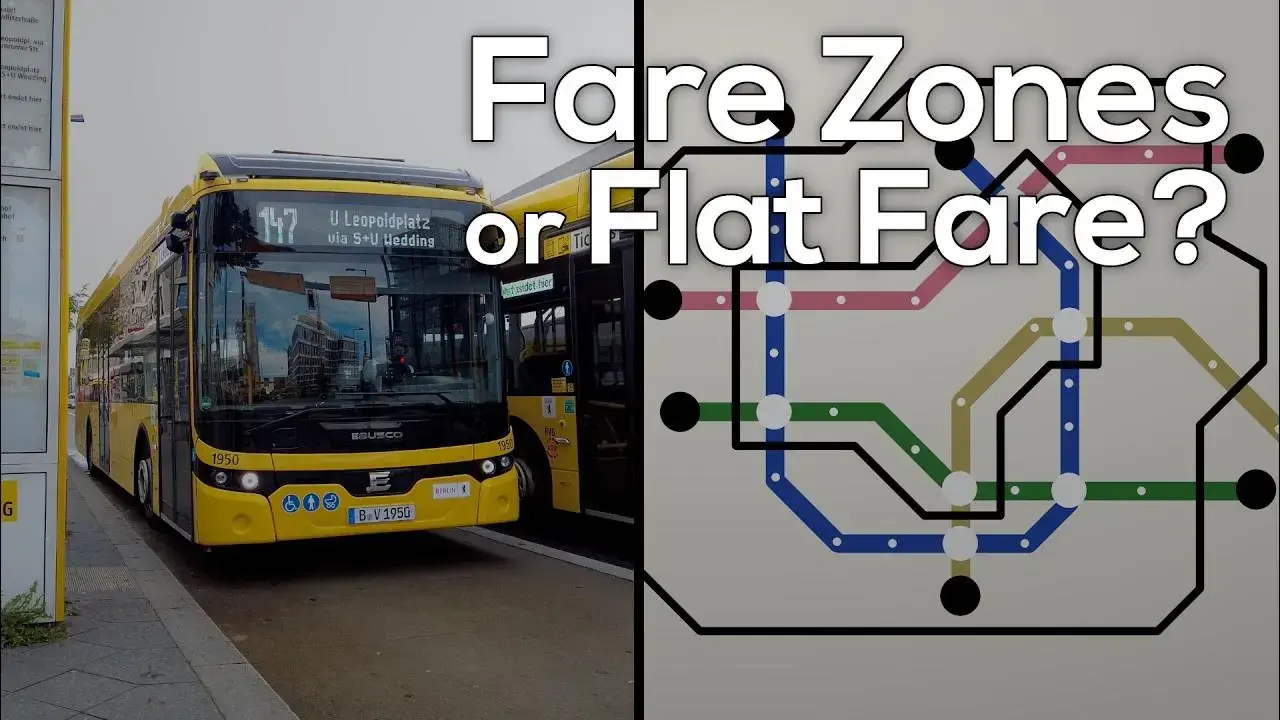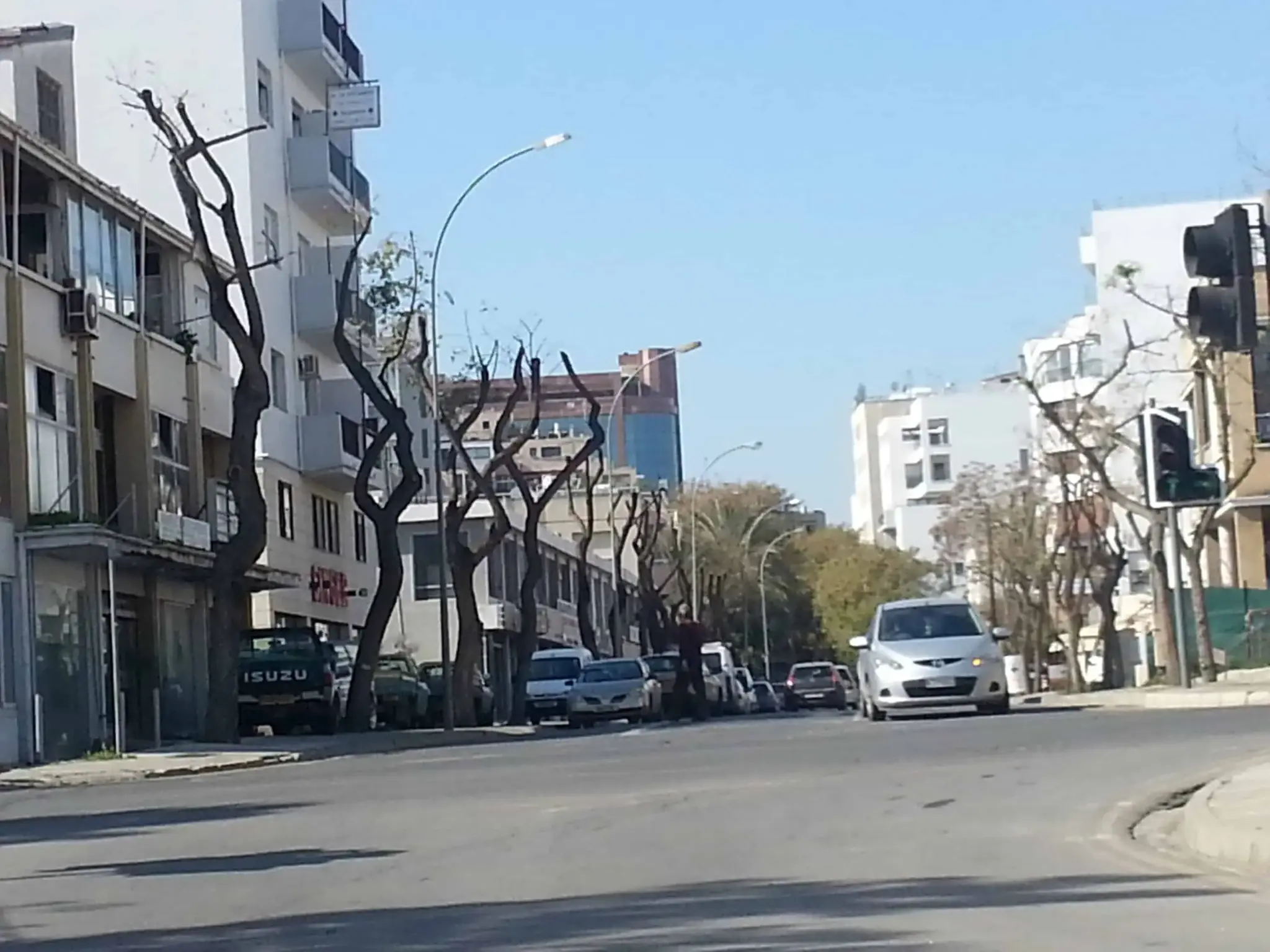

I’d say for me it would depend what the monument stands for.
The problem with this is that there’s often multiple interpretations. Is it a monument to the celebrate the defeat of Nazism, or to glorify the paternalist role of the Soviet Union over the Warsaw Pact countries? You can’t really say it’s only one or the other - you can only decide which one matters more to the society at a given point in time.
I think that when there’s no consensus about an interpretation in a society, a good place to start is with contextualisation. A high-profile but contentious monument should come with a small open-air museum that provides the context of what the monument was intended to stand for, what where the motivations of those who built it, and how it came to be seen as the time passed.
Then, time will tell if the society decides to interpret it one way or the other. At some point it will be clear if it should stay or go.

















We are back, baby.